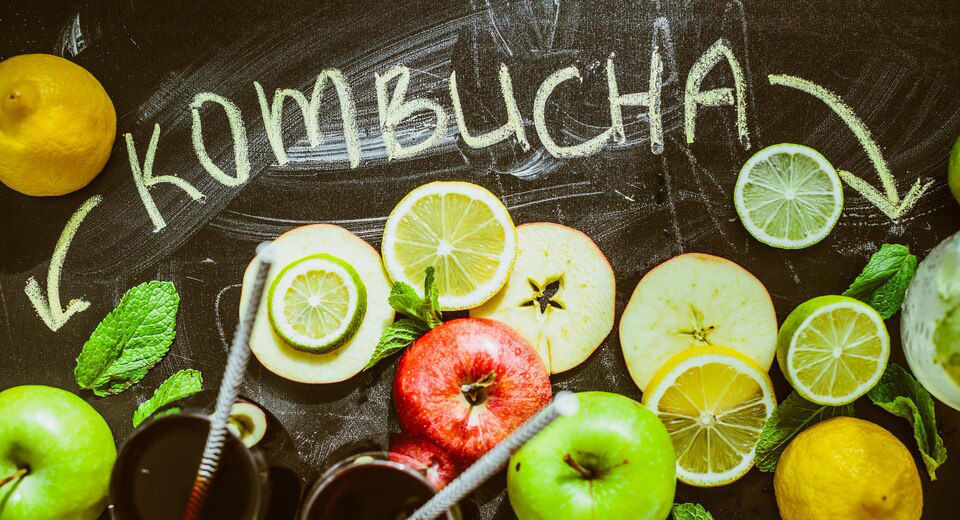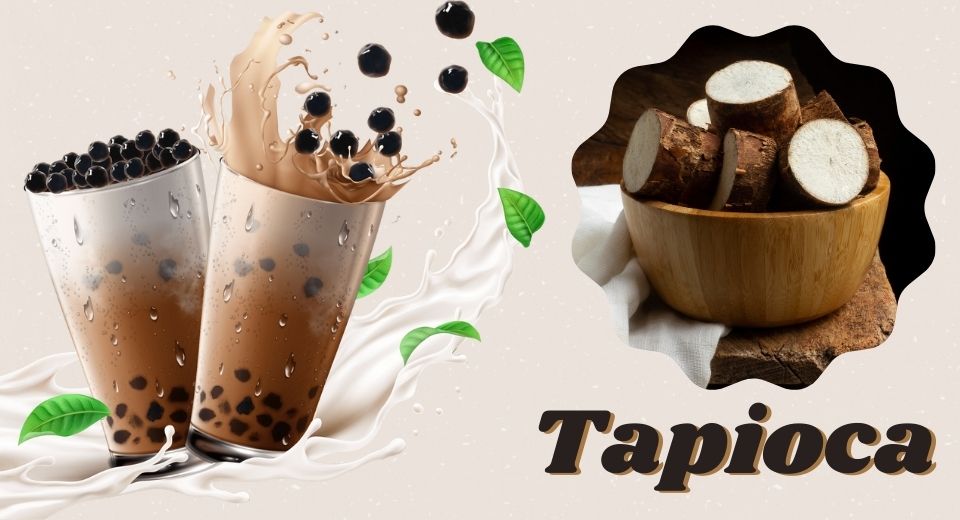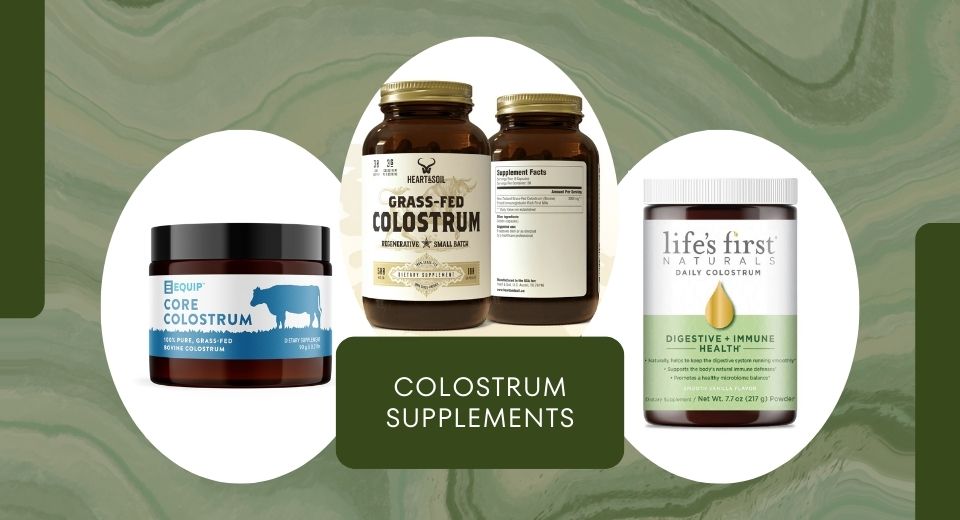Ingredients Needed to Make Kombucha:
-
Green tea or Black tea
-
Sugar
-
Yeast
-
Scoby
How to Make Scoby?
Kombucha’s scoby is prepared within the range of 75 to 85℃. During this time, a ¼ inch thick scoby can develop within approximately two weeks. For this initial stage, you’ll need the following ingredients:
-
2 cups of black/green tea or unflavored kombucha
-
¼ cup white sugar
-
1 teaspoon of active dry yeast
Instructions:
-
Infuse sugar and tea leaves in boiling water, allowing it to steep before cooling it down to room temperature.
-
Mix plain kombucha and strained tea in a jar.
-
Cover with a cloth and a rubber band.
-
Wait 2-4 weeks till your scoby has matured.
How to Make Kombucha?

Making kombucha at home is easy with just a few simple ingredients. You can make this delicious fermented tea beverage all by yourself, even if you don’t have any cooking skills .
-
The main components of kombucha are green or black tea, sugar, starter culture (also known as scoby), and either water or other liquid such as fruit juice.
-
To begin the process, start by brewing a strong cup of sweetened tea, combine it with the scoby, and leave it to ferment for 7-14 days in an airtight container.
-
During this time, the bacteria and yeast in the scoby will break down the sugar producing lactic acid, alcohol, carbon dioxide, and beneficial acids like glucuronic acid.
-
These compounds give kombucha its delightful sour flavor and many health benefits.
-
Once the fermentation process is complete, you can add additional flavorings or sweeteners to customize your kombucha and create a unique drink that’s perfect for you.
You can easily make delicious homemade kombucha with these few simple ingredients and the right recipe.
Health Benefits of Kombucha

Kombucha is a fermented tea beverage hauled with potential health benefits . Numerous studies have endorsed the positive effects of kombucha due to its increased levels of antioxidants, probiotics, and polyphenols.
Studies have stated that kombucha can help lower inflammation in the body, which can lower the risk of developing chronic diseases such as diabetes or heart disease. In addition, research suggests that it may also improve digestion, boost energy levels, and even aid in weight loss .
Drinking kombucha aligns with enhancing liver function and improving mental clarity. With all these potential health benefits, it's obvious to see why kombucha is becoming more popular than ever before!
Benefits of Kombucha for Females
Women, in particular, have enthusiastically embraced the fizzy and fermented tea known for its wealth of vitamins, minerals, and essential amino acids. This elixir promotes better overall health and is also abundant in antioxidants believed to improve skin health and combat the signs of aging.
With these benefits, it's no surprise that more women are turning to kombucha for improved wellbeing. Give it a try! You never know what good could come from sipping on some delicious kombucha daily!
Kombucha Risks
People usually believe that kombucha has various health benefits. However, it also carries some potential risks. Kombucha contains caffeine and alcohol, which can pose challenges for certain individuals due to its composition.
In some cases, it has been linked to stomach discomfort. Moreover, if kombucha is not prepared correctly, it may harbor harmful bacteria or lead to unsafe levels of fermentation.
Furthermore, pregnant women should avoid drinking kombucha entirely due to its uncertain effects on fetal development. Ultimately, while kombucha has numerous potential benefits, understanding the risks associated with consumption is ivitalin ensuring safe use.
Flavors and Types of Kombucha

Kombucha is an ancient fermented drink that has recently gained popularity as a probiotic-Kombucha beverage. There's something for everyone, from original, sweetened flavors like raspberry or peach to more complex and earthy varieties like ginger or turmeric. It comes in many variant types and flavors, so no matter what your taste buds prefer, you're sure to find the one you like.
Conclusion
Kombucha can be a great addition to your lifestyle. It provides numerous health benefits due to its powerful probiotics and antioxidants, and you can make it in various flavors for all tastes.
Whether you prefer a more traditional flavor or something more adventurous, there's sure to be a kombucha to suit your needs. So why not give it a try? You might just find the perfect beverage for your lifestyle!










